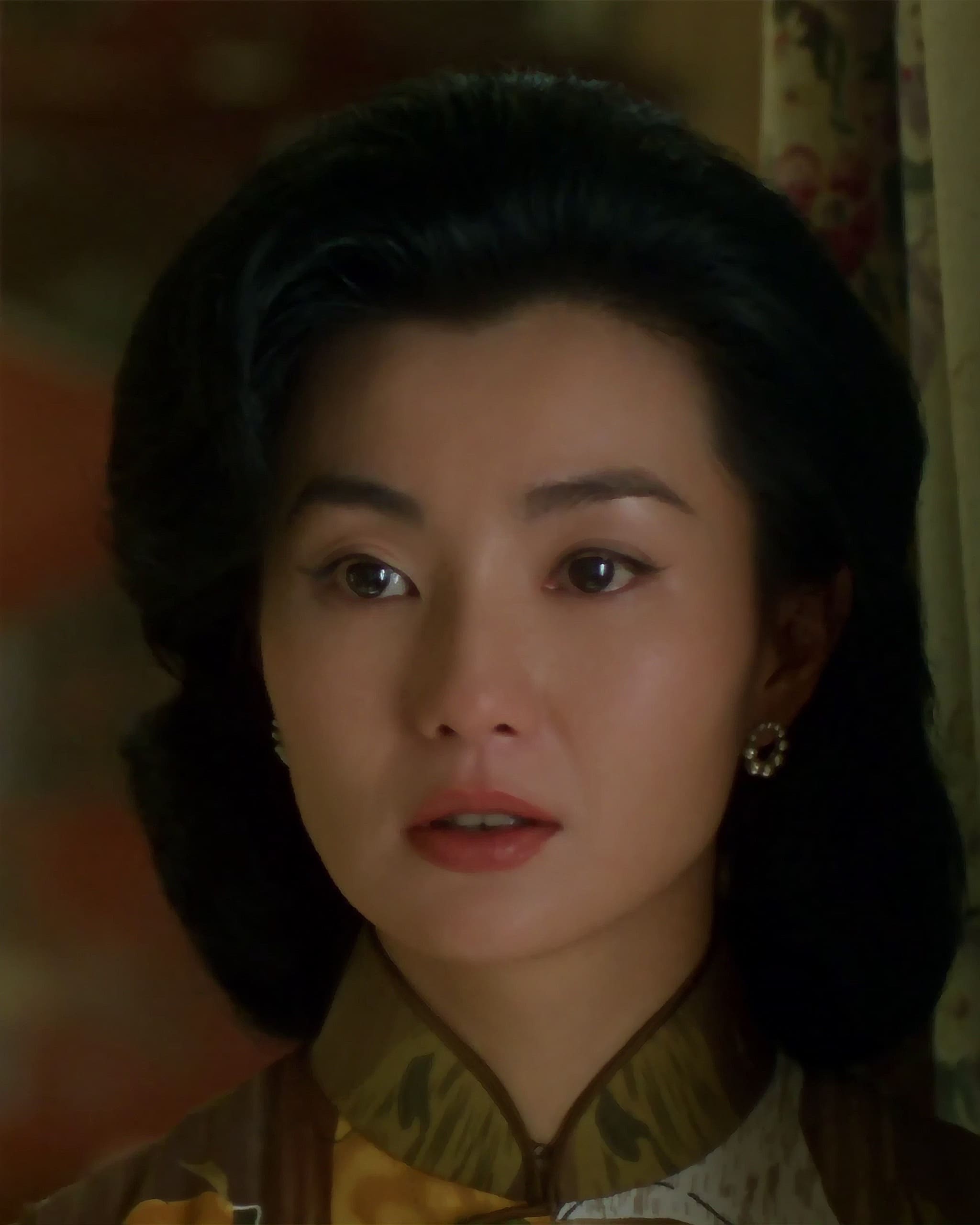Courtesy of Wong Kar-wai. Mubi/Youtube.
The screen legend continues to cast her spell to new generations
Twenty-two years after she graced the big screen in In The Mood For Love, Maggie Cheung continues to enchant audiences and inspire designers. Despite retiring from the film industry more than a decade ago, she remains a seminal figure in the movie industry, with her portrayals paving the way for the next century of cinematic masterpieces.
There’s a reason the actress-and-director combo works so well. Cheung brings to life Kar-Wai’s disconnected and lonely characters with raw emotion and empathy. So much so that their work was placed second on the list of BBC’s 100 Greatest Films of the 21st Century. Today, on September 20, the Hong Kong-born actress turns 58 years old. In honor of her legacy immortalized in glorious neo-noir colors, Vogue Philippines takes a look at movies that depict why Cheung is the ultimate Wong Kar-Wai woman.
As Tears Go By
The 1988 crime drama film was Wong Kar-Wai’s directorial debut, marking the beginning of a hypnotic era of film spearheaded by his own creations. The director’s films often center on a feeling of wistful loneliness and disconnection amidst modernity. Of course, there would be no better lead to punctuate his first feature than Cheung, which also served as the actress’ first foray into serious drama.
The film, which was inspired by Mean Streets, follows debt collector Wah, played by Andy Lau, as he hopelessly attempts to keep his friend out of trouble. His cousin Ngor, played by Cheung, comes to stay with him on Lantau island. As Tears Go By also introduced one of the director’s most prominent themes—individuals navigating between two lives. Despite the director and actress both being green, the feature opened the door to many great cinematic collaborations.
In The Mood for Love
Cult classic In the Mood for Love is arguably both Cheung and Kar-Wai’s most memorable film. The film, which premiered at Cannes Film Festival on May 2000, initially received lackluster reviews before gaining cult status. However, the movie, which is set in 1960s Hong Kong, immediately inspired fashion designers like Jean Paul Gaultier, Roberto Cavalli, and Derek Lam.
The film follows Cheung’s character Su Li-Shen as her life intertwines with her new neighbor, Chow Mo-Wan (played by the equally-renowned Tony Leung). The two gracefully articulate feelings of love, desire, and loss, while capturing the massive cultural and economic shifts in this era of Hong Kong, which led to overcrowding in the city and massive riots. Cheung perfectly transitions from ennui to obsession (in 30 qipaos, no less) as the story progresses deeper into the emotionally complex relationship.
Days of Being Wild
Days of Being Wild was released by the director in 1990, just two years after his debut picture. The film drew together many familiar faces to Kar-Wai fans, which of course includes Cheung, who plays Li-zhen. The dark and dreamlike drama follows playboy Yuddy (Leslie Cheung) who drifts through life uninterested in a serious romance while Li-zhen is hopelessly in love with him.
Like In The Mood For Love, the film is set in 1960s Hong Kong and includes a stopover in the Philippines, where the character Tide finds Yuddy drunkenly passed out on the street. Tide gets caught in between Yuddy and Li-zhen’s complicated relationship. Alongside Christopher Doyle’s hallucinatory cinematography, Cheung brings the lovelorn character to life in a hypnotic yet melancholic performance.
